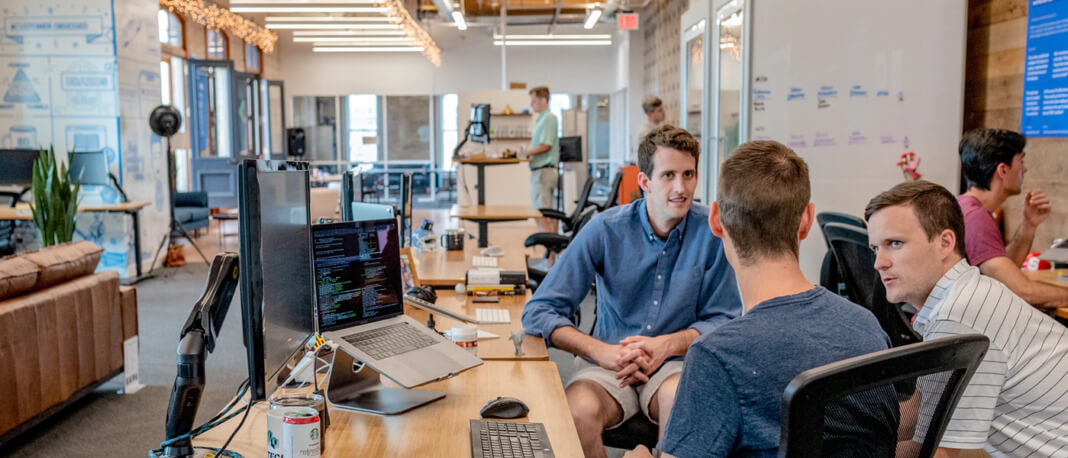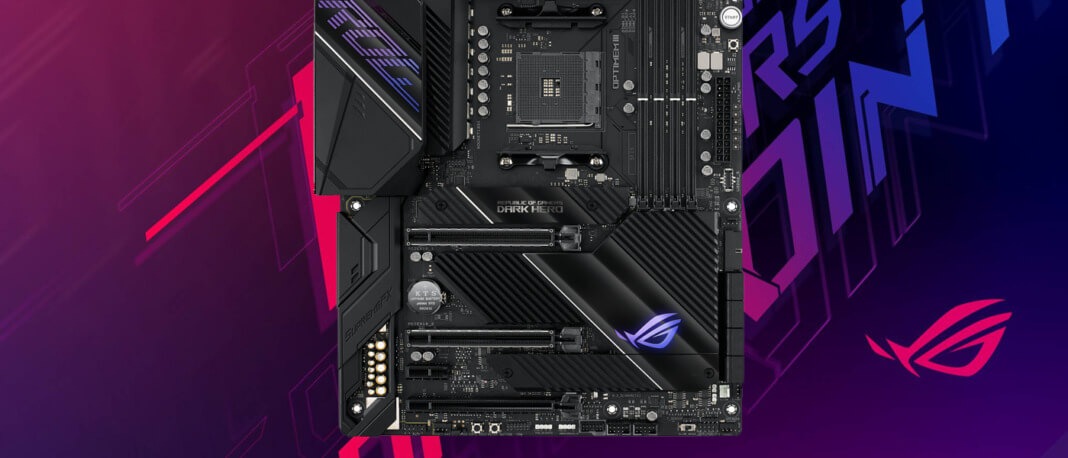Just over the past year, Japanese investors have invested more than 5 billion into Latin American startups. Brazil being the primary capital receiver which has led to five startups having been boosted to Unicorn status. Despite Covid-19, startups in this region have managed to reap substantial funding rounds and improve GDP percentages better than expected this year. Clearly Latin Ameria is faring better than SEA during this crisis and has caught the attention of many investment firms. With Latin America’s and South East Asia’s (SEA) startup economy sharing many similarities in terms of demographics, challenges posed and many more. The Latin America startup economy poses competition for SEA’s startup economy – Latin America shares were favoured over their Asian counterparts this year and SEA’s startup funding dropped 30% as investors main focus was on profitability.
Demographics
Not only do both regions have relatively young populations but consumers are mostly tech-savvy and connected to the Internet. The Philippines, South Africa and Brazil are amongst the top three active social media users in the world as of 2020.
Problems, challenges and opportunities
Both SEA and Latin America share the same challenges when it comes to logistics, security, financial inclusion, corruption and pollution. With 38% of the world’s largest cities residing in the Asia and Latin America regions, it creates both problems and opportunities for start-ups in these regions to counter. Furthermore, startups can access the enormous pool of potential clients to test and form a business model quickly. For example, Grab. It was able to scale up rapidly by leveraging on the massive population and cater to their needs of mobility and delivery. It goes to show that these cities are the go-to sites for smart city technology innovations. A common feature or opportunity that both regions yield is high internet and mobile penetration while lacking in financial inclusion.
A fragmented market
Populations are divided unevenly amongst the many countries within these locations that are held together by different regulations, governments, cultures and development history. However, in the aspect of language, Southeast Asia has more than 8000 languages spoken across the region whereas Latin America is mostly Spanish speaking with only one-third of Portuguese speakers thus does pose fewer challenges in this aspect as compared to Southeast Asia.
And in conclusion
Despite the similarities of both region, Latin America only receives only a fraction of the venture capital that is invested in the Southeast Asia region. That however was no setback for Latin America and they had actually fared better despite the limited funding, yielding a higher GDP over SEA’s – Latin America’s GDP is approximately 5.8 trillion and that makes it double that of Southeast Asia is 2.9 trillion. In other words, the startup economy in Latin America is a gold mine per se for its untapped potential.
These similarities do help to illustrate why the Chinese and Japanese investors are becoming more interested in Latin America companies, many of which are similar to successful Asian startups. With Softbank and Tencent investing in the Latin America region, mostly Brazil, Latin American startups will probably manage to upscale beyond local borders and likely become household names across the region.
Regional connectivity and digitalization of work and commerce is growing in Latin America and further exacerbated by the pandemic. With the talent pool and population well-versed in working remotely, it is an attractive feature and opportunity for investors and Latin America’s venture investment has been more than doubling over the last couple of years, drawing more innovative startups that in turn helps to overcome the repercussions of COVID-19. However, Latin America is still massively underfunded when compared to S.E.A. where startups in Asia received a total estimate of $18 billion for the entire year of 2019 whereas Latin America had only received a total of $4.6 billion. The lack of capital results in the expansion of a few big winners for each industry rather than niche players that can proliferate like in the U.S.
According to Citigroup, Latin America is the better choice over SEA for emerging-market stock investors due to their weaker dollar, greater exposure to commodities, lesser geographical and regulatory risks and staggering performance this year as compared. Furthermore, Asia is subjected to geopolitics with the tensions between America and China brewing.
SEA, we have a problem.






